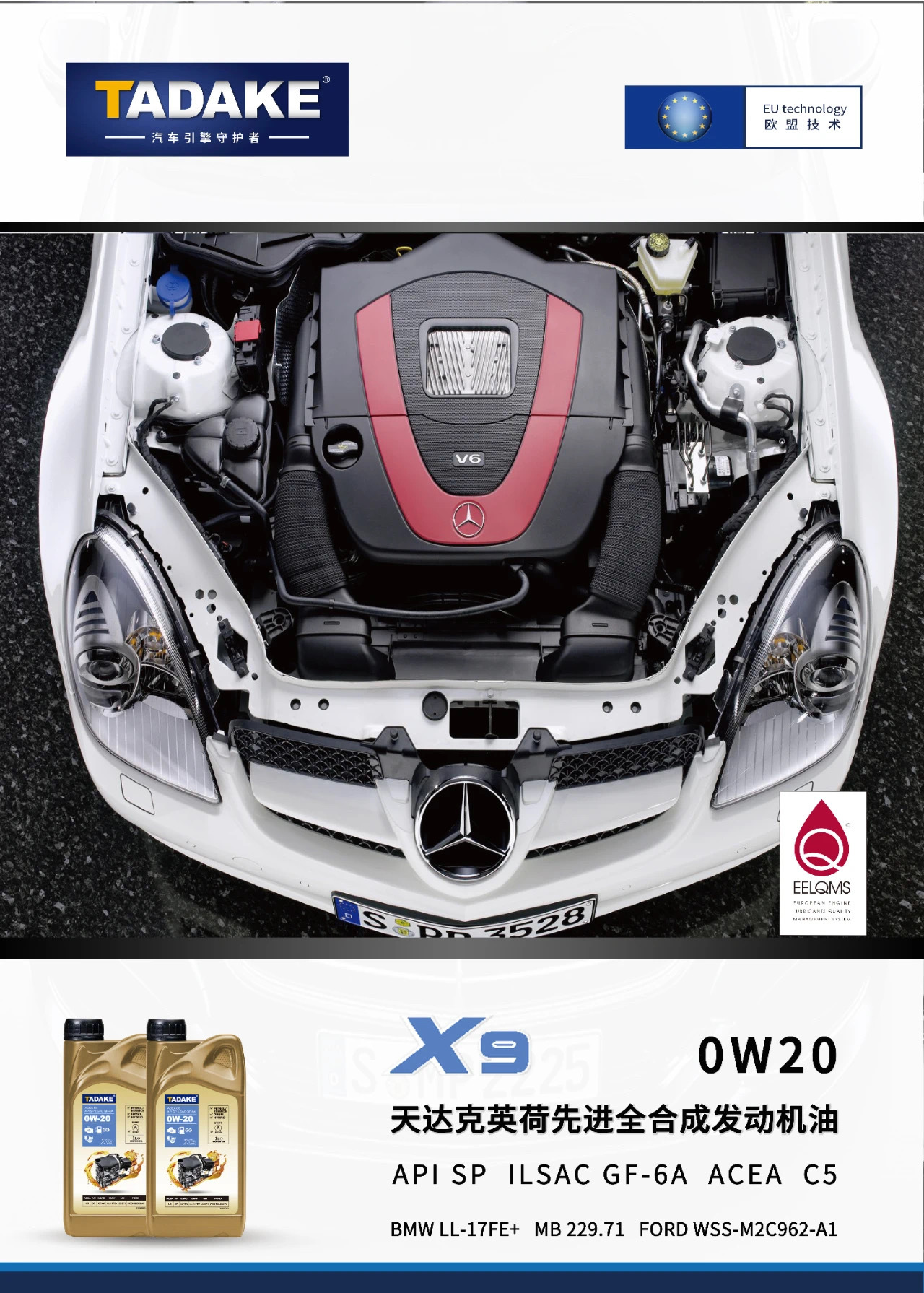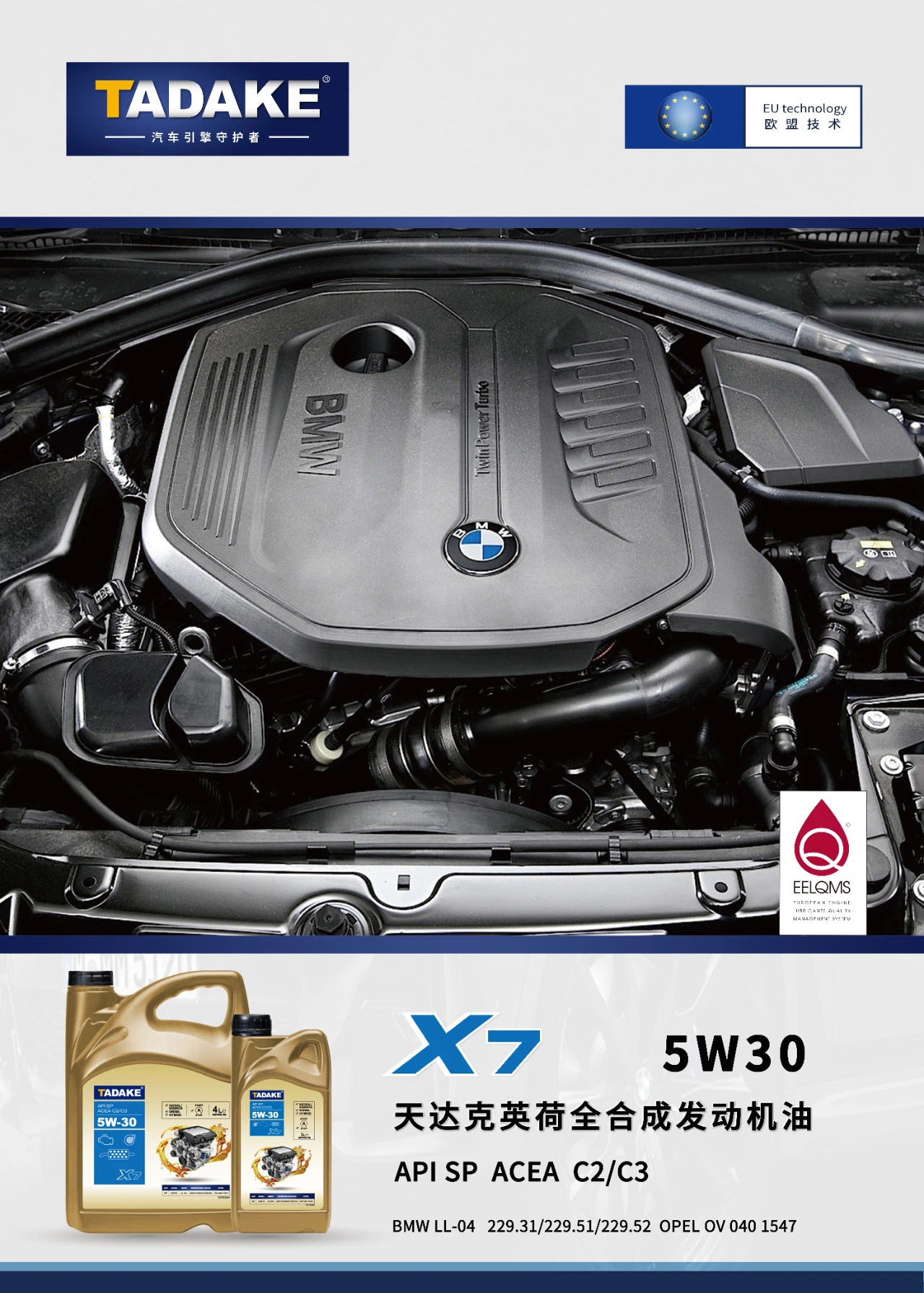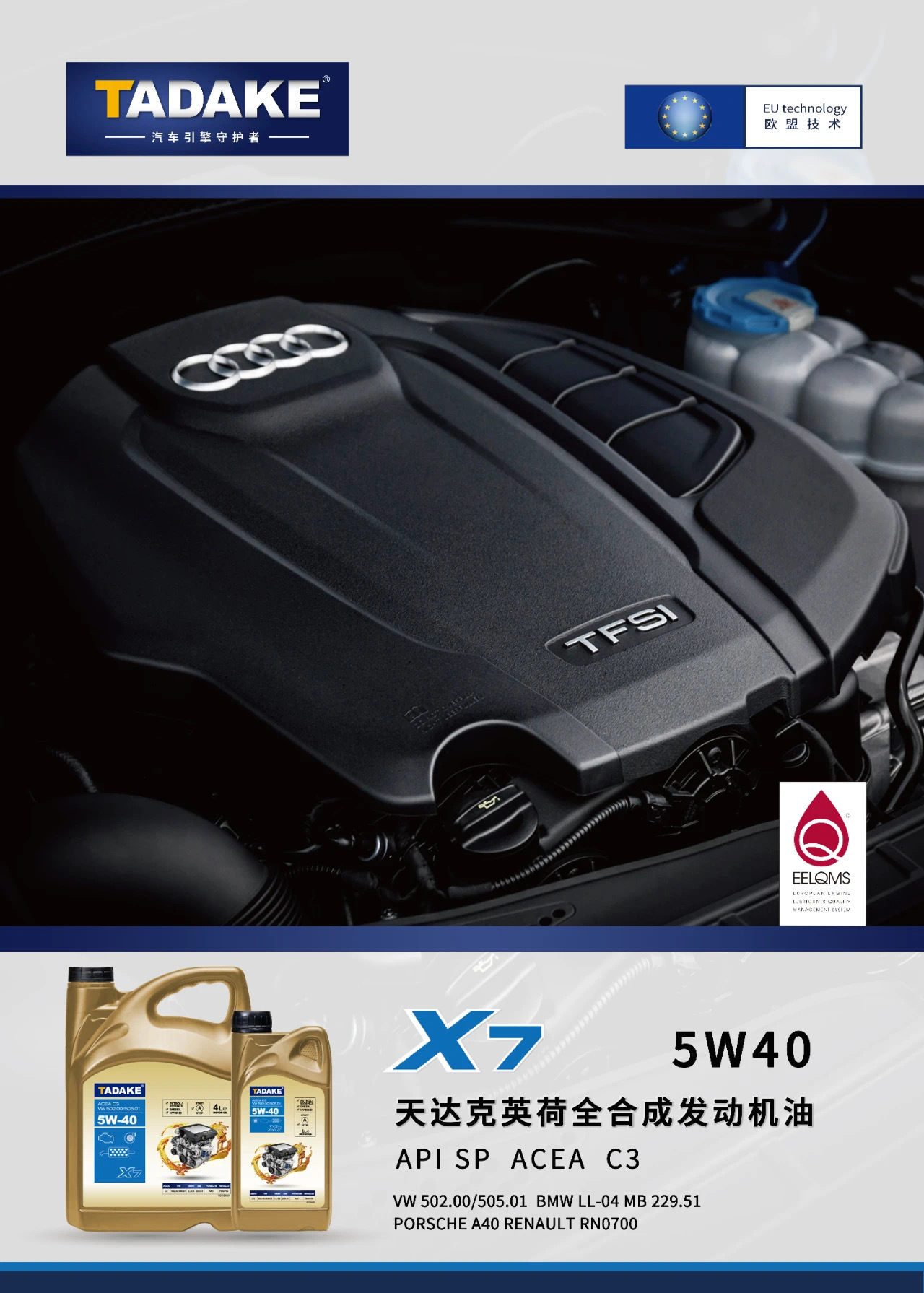Oil film strength | Why is HTHS important?
Release time:
2023-07-31
Whenpurchasingengineoil,inadditiontoconsideringtheoil'sviscosity,itisalsoimportanttopayattentiontothevalueof"HTHS".ManycarownerstendtooverlookHTHSandmaynotevenunderstandwhatitmeans.

HTHS stands for "High Temperature High Shear" and refers to the viscosity stability of the oil under high temperature andhighshearconditions.Itreflectstheoil'sabilitytoprovidelubricationandmaintainitspropertiesundersuchconditions.Itcanbeunderstoodasthestrengthoftheoilfilm,whichismorevividandaccurate.

This parameter is the apparent viscosity of the oil obtained through a capillary viscosity test at 150°C, which simulates the working temperature and high-speed shear conditions in the engine cylinder. It reflects the lubrication between the cylinder liner and piston rings, as well as the fuel economy of the lubricating oil. The higher the HTHS value, the lessoilconsumption.Enginewearoccursattheboundaryfrictionconditionswhentheenginereachesnormaloperatingtemperature.Atthistime,theoilfilmbetweenthefrictionpairsisextremelythin,andtheoilfilmstrengthandantiwearadditivesworktogethertoprovideanti-wearprotection. Whether it is the compression stroke or the power stroke, the pressure on the piston is highest near the top dead center. Due to the crankshaft's circular motion, the connecting rod spends most of its time at an inclined angle, resulting in greater pressure ononesideofthepiston.Thisleadstohighshear forcesonthepistonringsagainstthecylinderwall.
Whether it is the compression stroke or the power stroke, the pressure on the piston is highest near the top dead center. Due to the crankshaft's circular motion, the connecting rod spends most of its time at an inclined angle, resulting in greater pressure ononesideofthepiston.Thisleadstohighshear forcesonthepistonringsagainstthecylinderwall. 

If high-speed shear motion is also involved, severe boundary friction will occur. If the oil film strength is not sufficient andruptures,increasedwearisinevitable.Theincreasedwearwillresultindecreasedsealinginsidethecylinder,andtheoilwillbeburntinthecombustionchamber.  If you frequently drive aggressively or at high speeds, such as driving at over 3000 RPM, then your requirements for HTHS should be higher. It is recommended to use engine oil with an HTHS value greater than 3.5. Turbocharged engines, large-displacement sedans, or SUVs, which are characterized by high engine speeds and temperatures, requiretheuseoffullysyntheticoilswithanHTHSvaluegreaterthan3.5andahighviscosityindex.
If you frequently drive aggressively or at high speeds, such as driving at over 3000 RPM, then your requirements for HTHS should be higher. It is recommended to use engine oil with an HTHS value greater than 3.5. Turbocharged engines, large-displacement sedans, or SUVs, which are characterized by high engine speeds and temperatures, requiretheuseoffullysyntheticoilswithanHTHSvaluegreaterthan3.5andahighviscosityindex. 
There have been cases of oil burning in many German car models, which is directly related to the HTHS of the oil used. This is because HTHS describes the state of the oil at the friction surfaces, specifically the piston rings and the cylinderwall.Ifoilburningoccurs,itislikelyduetoalowHTHSvalue,excludingcasescausedbyvalvesealsorotherissues.Inthatcase,youshouldchooseanoilwithahigherHTHSvalue.
Generally, older German engines require an HTHS value greater than 3.5, while American, British, and French engines usually require an HTHS value greater than 3.2. Japanese and Korean engines typically have an HTHS requirement of around 2.9.
Previous
Related News


